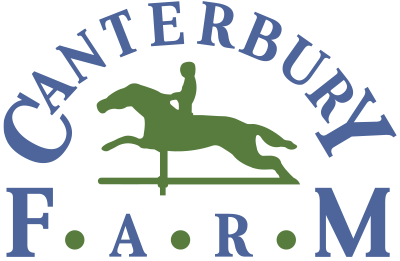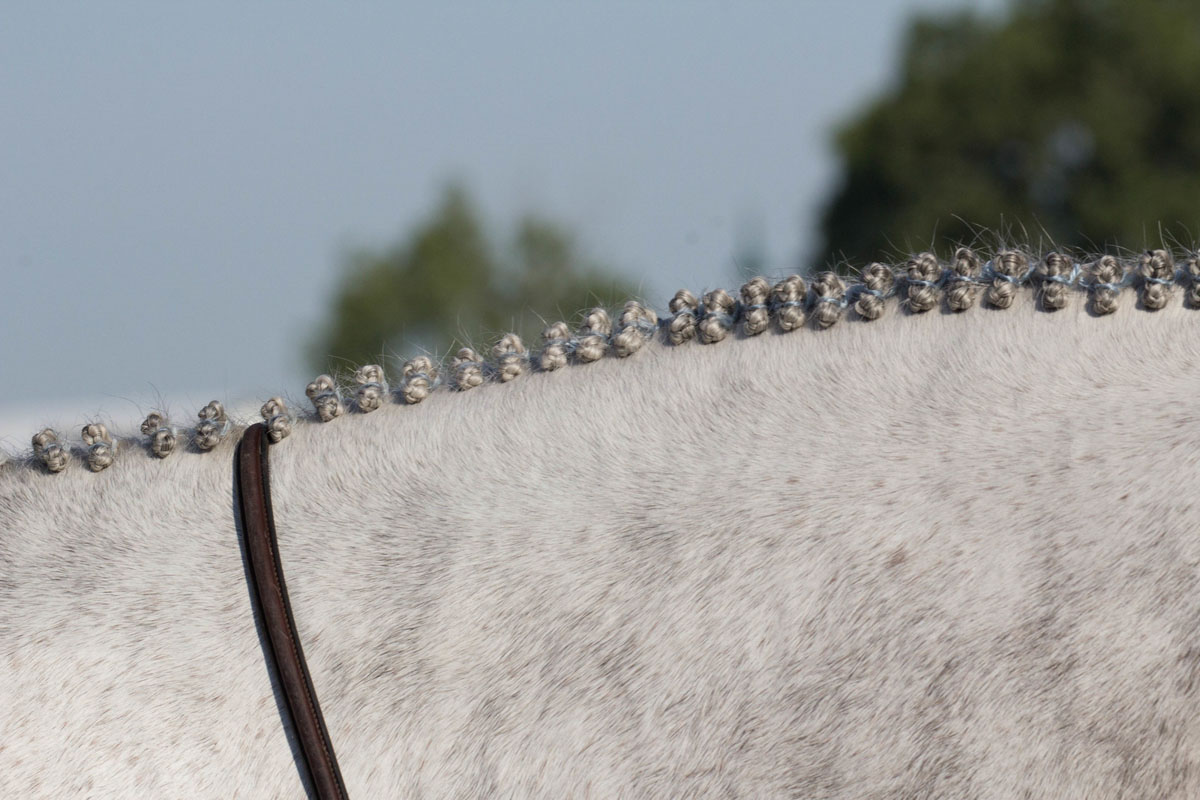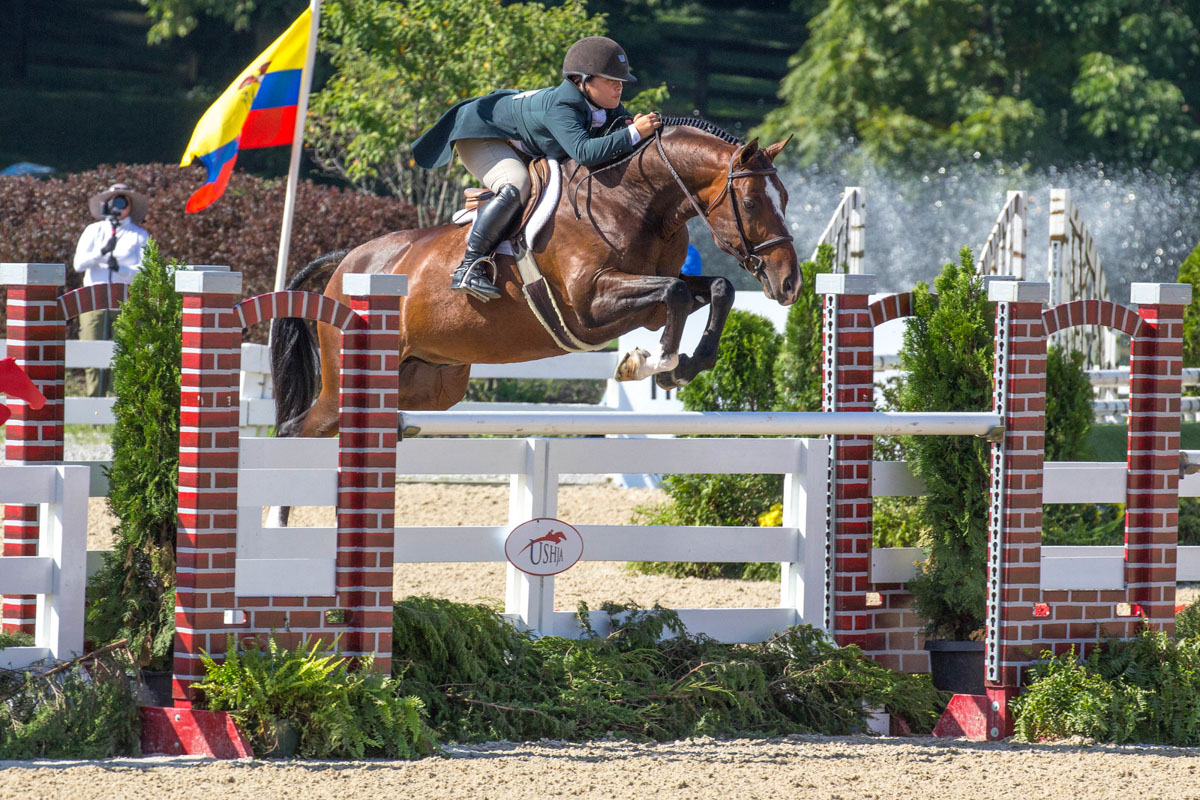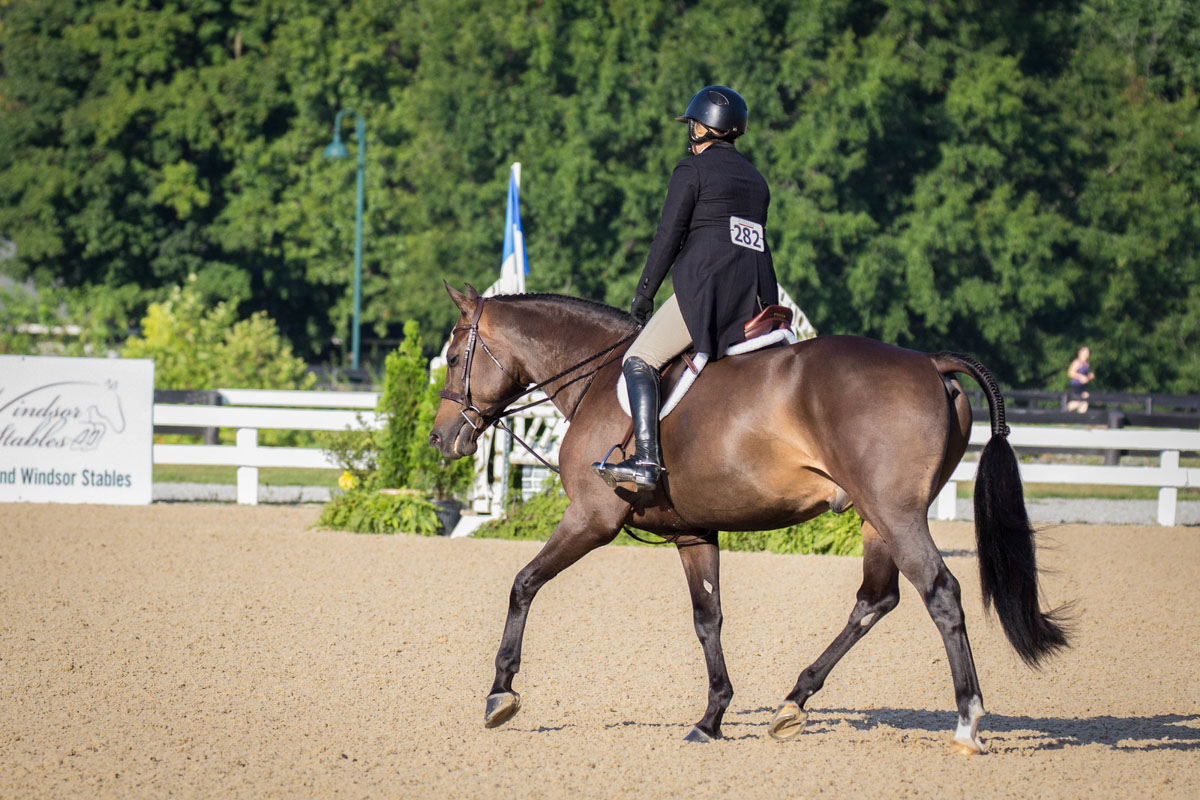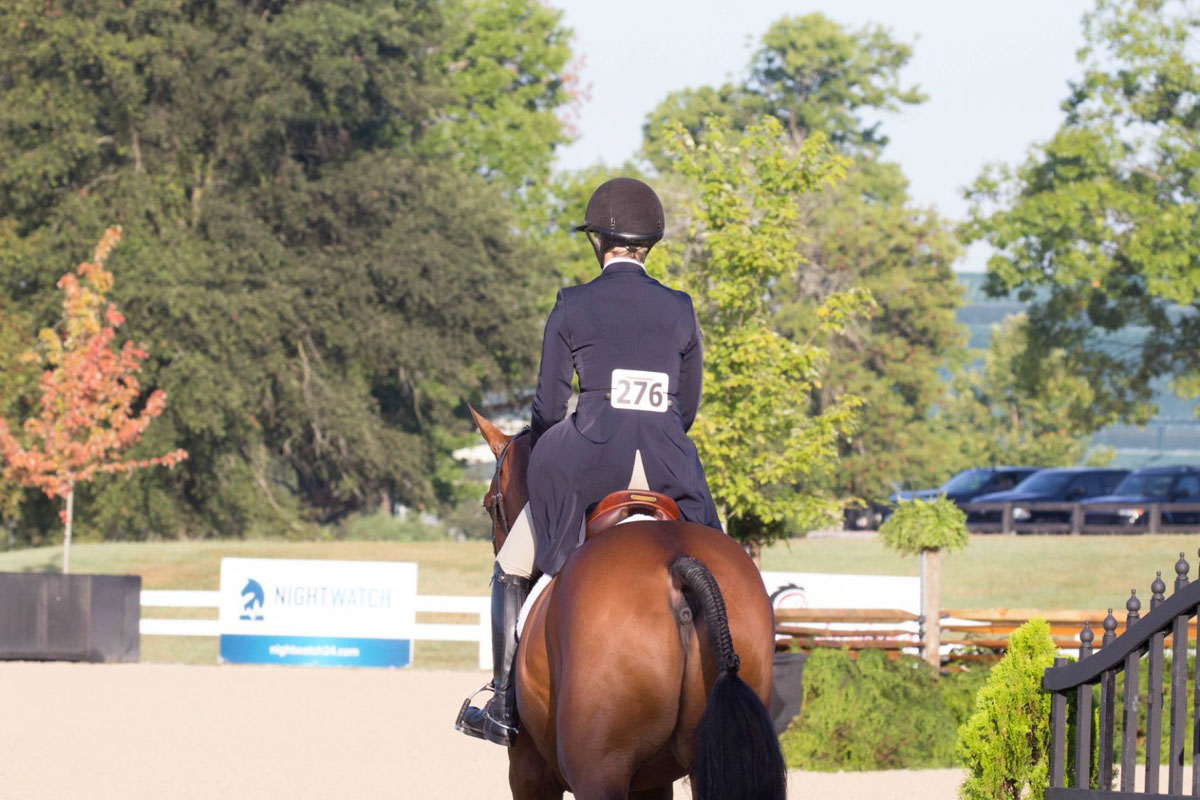
We’re excited to share a featured article that was written by Greg Franklin, our head trainer here at Canterbury Farm. He shares his thoughts on the current pandemic situation and how those in the equestrian world, particularly horse shows, are being impacted. Please take a look below to read what Greg has to say:
Did the Pandemic Prove We Rely Too Much on Showing?
Written by Greg Franklin, originally published on The Plaid Horse, May 27, 2020
Let me preface this by stating two facts.
First, I love going to horse shows. I enjoy the competition, camaraderie, and travel. I love seeing my friends and learning what my horses and students need to work on.
Second, I not only love horse shows but I also make my living going to them. As a trainer, an owner and exhibitor and as a licensed official who has had their ‘R’ for over ten years, these events are my livelihood. I spend about 25 weeks a year attending horse shows. I am sure there are people that do more than I, and I know there are people that do less.
Now, let’s place those two facts in the middle of a pandemic. I have heard many people say, “I need to get back to work.” Not just horse people either, but the entire population. However, the following is directed at the horse community.
I believe in times like this that looking in the mirror for a little self-reflection is important. Something that I believe this pandemic has taught us is that as professionals we rely too much on being one dimensional in order to generate income. Rather than sit back and complain that I am not making any money because I cannot go to horse shows, now is the time to become creative and find other ways.
One of those ways is to maybe look to the past and see how people made their businesses work before we went to 30 horse shows in a year. How did businesses thrive before we became one dimensional to only attend horse shows?
They taught riding lessons instead of just teaching people how to horse show. Now is the time to stay at home and work on our or our horses’ weaknesses. Improve your flatwork, work on your position.
They developed young horses. Without life constantly on the road, we can truly take the time with a young one rather than dragging it to a show and quickly getting it around a course. We can slow it down. Get it broke on the flat, teach it to bend properly, and jump it through some gymnastics so it learns some style.
They called around to their fellow trainers to see what is for sale. Maybe you have a horse to send to them, or they’ve got something perfect for one of your students. With the technology we have today, buying and selling horses could not be easier. You can look up a horse’s record and watch videos online. You can even see some horses as young ones in Europe. Not having access to shows doesn’t stop the supply chain of quality sporthorses in our industry.
People held clinics at their farm or attended clinics at other people’s farms. This is a great way to network and to learn from other trainers
As I sit in my office thinking about the ways we used to be and how we can adapt, I look to my library of horse books and see one by Gordon Wright. Originally written in 1966, it is titled “Learning to Ride, Hunt and Show.”
What sticks out to me is that “show” is the last thing he teaches. Out of a book with numerous chapters and several hundred pages, he only spends a couple of pages talking about competitions.
Maybe Gordon was on to something. Have we prioritized showing above everything else? Is it time to shift our mentality?
I love horse shows. That hasn’t changed. But perhaps they should become the crown of our sport instead of the foundation.
As we look to the future of our sport horse shows are going to change. I am sure some changes will be for the better—being able to do more of the office work electronically, ride times and more posted orders of go. Maybe some for the worse—the social aspect of showing is going to be very different, at least at the beginning when people are going to be very cautious.
I wish the best of luck to everyone involved: exhibitors, trainers, horse show managers and licensed officials. Let’s all stay safe and make the best of this.
